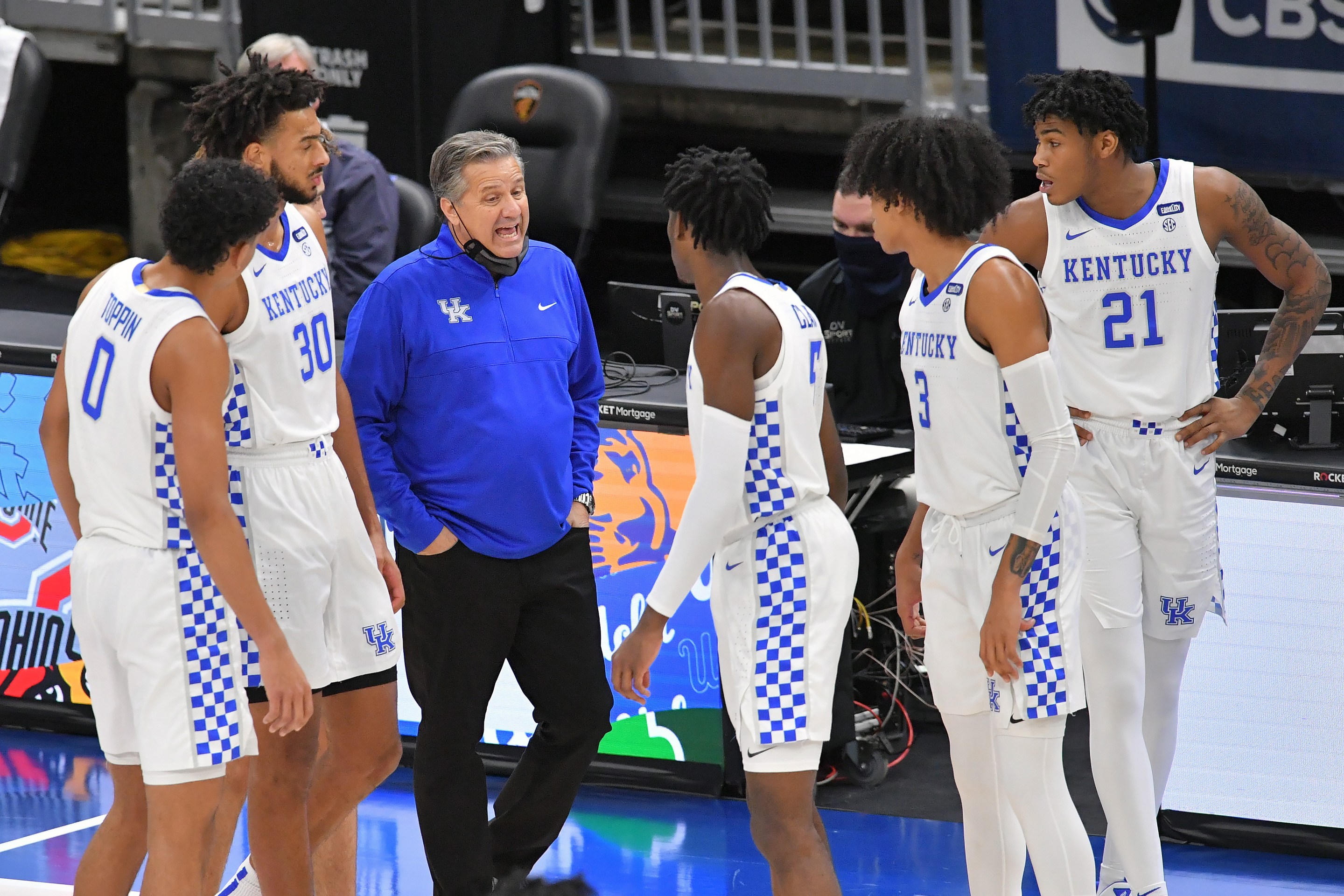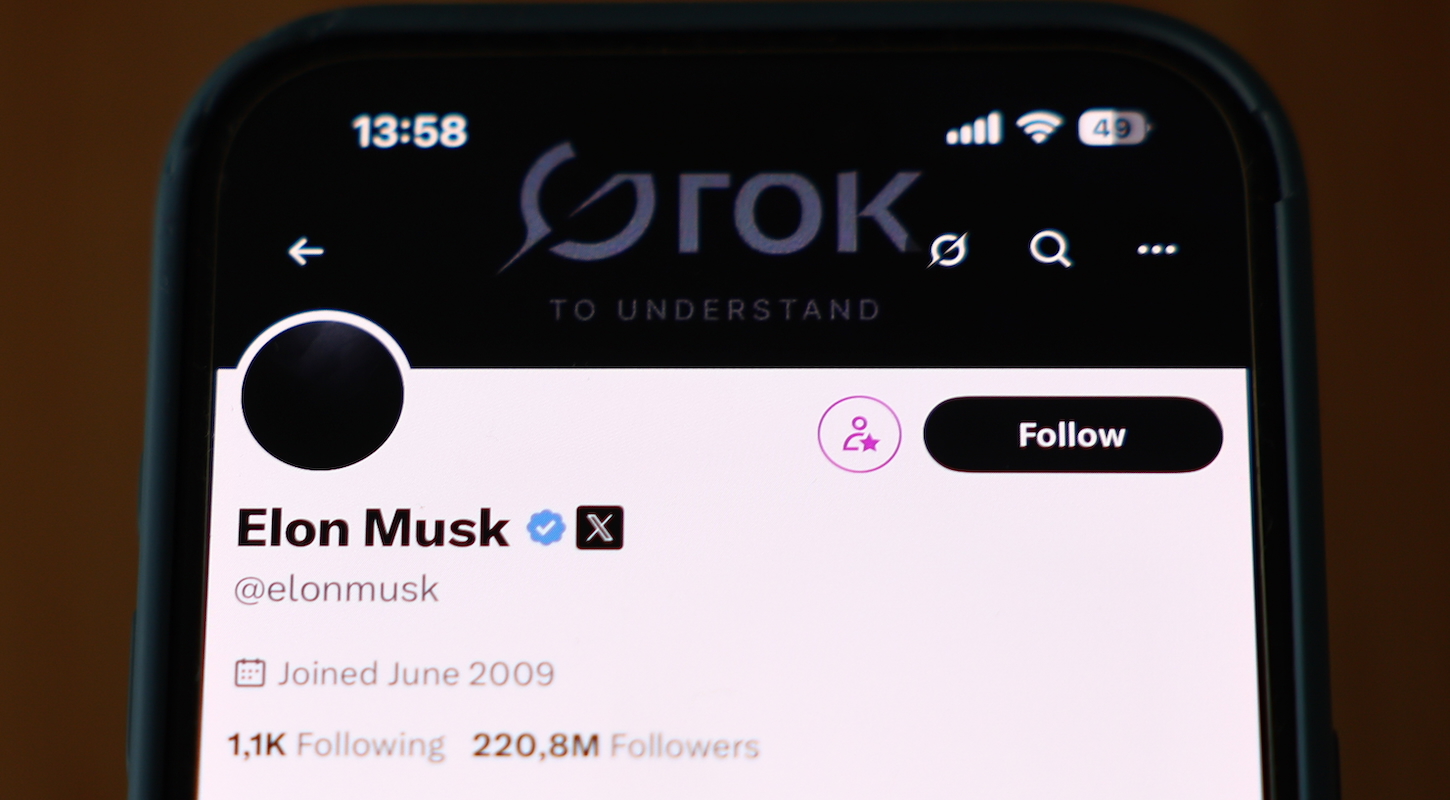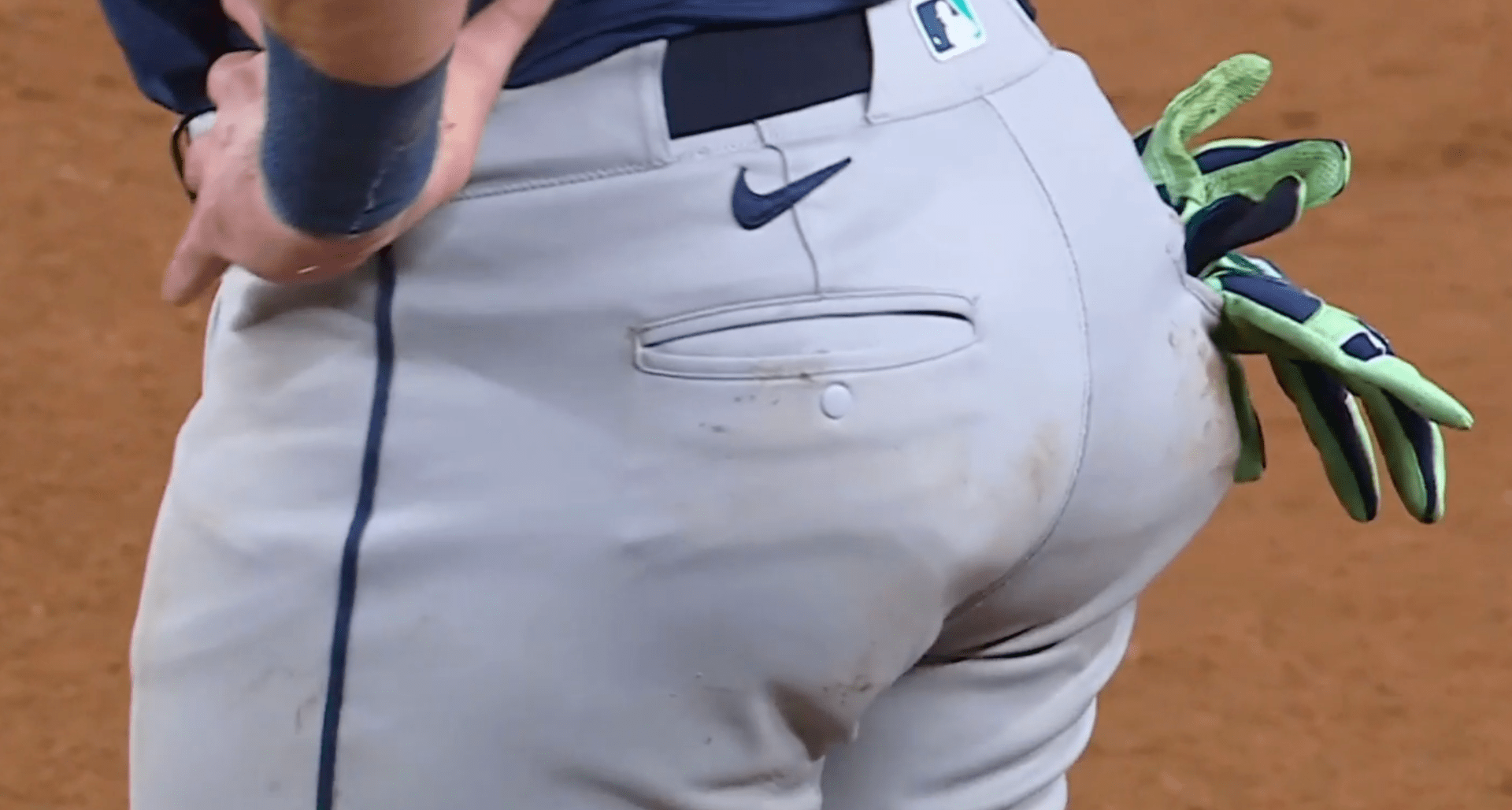The Saturday after a mob stormed the U.S. Capitol, the Kentucky men's basketball team chose to kneel during the national anthem before their game against Florida. John Calipari, Kentucky's coach, told reporters that he'd learned of their decision about an hour before the game. He asked to hear their reasons for kneeling, and at the players' request, kneeled alongside them.
Kneeling for the national anthem may now be the most familiar mode of protest against racism in sports, but that didn't stop a number of people in the state of Kentucky—including elected officials—from melting down. In a speech delivered to the Senate floor, state Senate president Robert Stivers wept while discussing the players' gesture. "I fully recognize the need to go further in the discussion of racial communications," Stivers said, before criticizing players for disrespecting the military, asking his fellow members to recall scenes of harsh winters depicted in "the show M*A*S*H" and then reading a letter his uncle wrote while serving in the Korean War.
Others were not so tearful. The sheriff of Laurel County posted a Facebook video in which he and the county jailer gleefully burned their UK shirts and promised free "Back the Badge" shirts to anyone willing to surrender their UK gear to the sheriff's office. A court in Knox County adopted a resolution asking the state legislature to defund the university and "to reallocate tax funding from unpatriotic recipients to hard working Kentucky Taxpayer's across this Commonwealth."
In radio and press appearances in the subsequent days, Calipari pushed back on the idea that players were disrespecting the military. "Six of these players come from military families," he said on his radio show. "Either their father was in the military, their brother, their uncle, a couple of them, their grandfathers, they were in the military. This wasn’t about the military."
But there was some undeniable sheepishness—or clumsiness, maybe—to the rest of his response, which read like a sort of doomed and delicate needle threading meant to offend as few people as possible. Calipari clarified that he didn't think the protest was a mistake, but in his comments he was unspecific enough to leave every word open to interpretation. "They’re 18 years old. They’re learning. These kids are good kids. They’ve got good hearts," he said. "Again, this political time, probably not a real good time to do it. But when they came in, 'We really feel strongly, we want you to kneel with us,' I put my hand on my heart even though I did kneel."
What does "this political time" mean? For that matter, what does "not a real good time to do it" mean? Is there ever a good time to, as Stivers so elegantly put it, "go further in the discussion of racial communications"? At least Stivers got the letters R-A-C in there. Calipari never brings himself to name the injustices that led his players to kneel, which might be why the response felt so insufficient. A language composed entirely of vague pronouns isn't nearly robust enough to defend Kentucky players against the outraged Kentuckians who would publicly cast them as villains. But maybe that's because pleasing outraged Kentuckians is part of the job.
Calipari certainly wouldn't be the first coach in the position of liaising between players and fogeyish boosters and fans. Just this week, newly named Longhorns football coach Steve Sarkisian said his team would sing "The Eyes of Texas," the school song dozens of Texas athletes have said should be retired for its origins in minstrelsy. "I know this much, 'The Eyes of Texas' is our school song,” Sarkisian said in his introductory press conference on Tuesday. "We're going to sing that song. We're going to sing that proudly." Of course, Sark promised, too, to be open to discussions and dialogue on the issue. There. Everyone happy?
Sark: "I know this much, The Eyes of Texas is our school song. We’re going to sing that song, we’re going to sing that proudly." Says that he knows there are tough discussions that need to happen. But, "That's our song and we're fired up to sing it."
— Brian Davis (@BDavisAAS) January 12, 2021
Get used to this, this weird and terrified rhetorical dance that attempts so many things at once and doesn't accomplish much at all. College athletes have only grown more vocal in affirming their fundamental humanity, and as a result, coaches will only be asked more frequently to pick a side. They may, like Calipari, try muddling the issue enough that no one can tell which side's been picked, or like Sarkisian, pick the wrong side and pretend it's a compromise. But in college sports, where recruiting is currency, those are positions that won't be tenable for long. The eye of the needle is shrinking. Why bother threading it at all?







